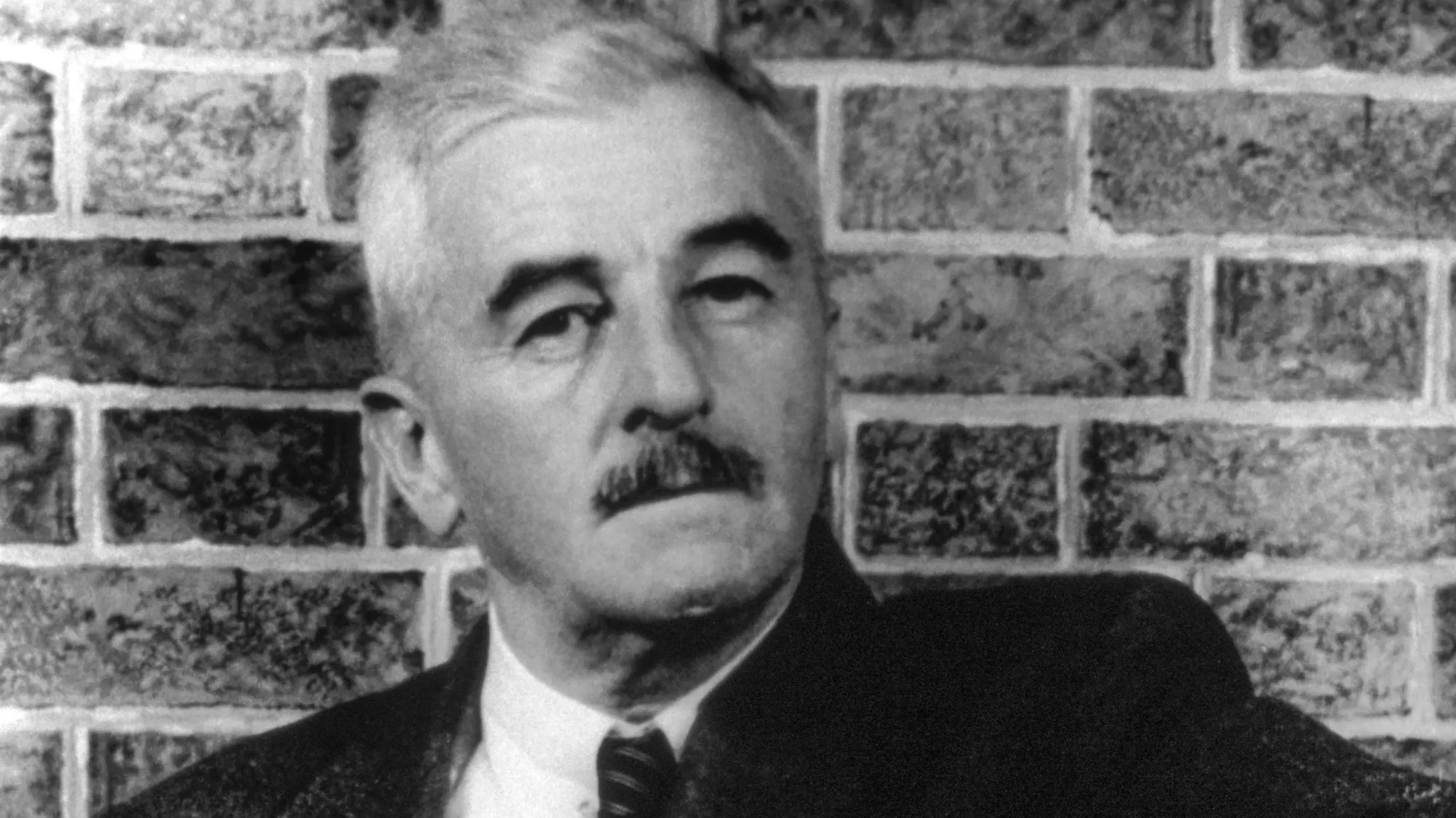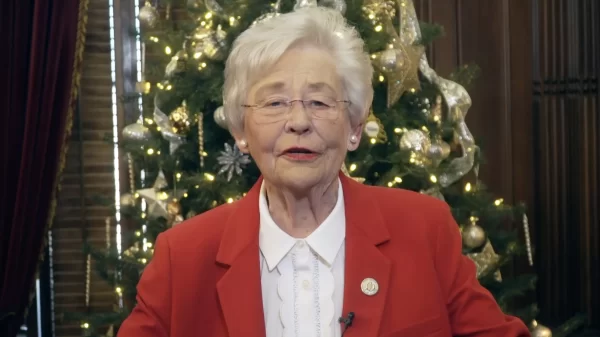|
Getting your Trinity Audio player ready...
|
Seventy-five years ago, William Faulkner was awarded the Nobel Prize for literature, an accomplishment that was significant enough, but what he said in his acceptance speech is perhaps even more significant and timeless.
The dawning nuclear age of the 1940s called into question the viability of civilization and continued existence of mankind. Science was in its heyday, and the American military was on the cutting edge to achieve global hegemony. Given the might and power of the United States, it was on tap to become both the leader of the free World and its governor.
The consequences of Hiroshima and its devastation fostered an idea that the human species had lost any right to occupy civilization’s apex. We had gone too far and opened the Pandora’s Box of the atom with the ability to obliterate ourselves entirely. Domesday scenarios were rampant, creating an insecurity through all strata of society and a schizophrenia among intellectuals.
The genius of the human spirit gave way to shame and a shared misanthropy that found the root of all evil expressed in human existence. The gravamen of the ills of society was reduced to the actions of humans and a disparagement of progress. The list of human malfeasance was long, detailed and provided no hint of optimism.
There was nothing good about existence, and by continuing to live, humans were now infecting everything they touched and destroying any future. Purposelessness and meaninglessness were pervasive, and with the impending destruction of the world by nuclear weapons, all hope was gone.
But in the profound way that only poets can relate to the world and simplify complexities, Faulkner spoke, and in speaking, provided an alternate view; a minority report of the future and the place for hope.
“I decline to accept the end of man. I believe that man will not merely endure: he will prevail,” Faulkner said. “He is immortal, not because he alone among creatures has an inexhaustible voice, but because he has a soul, a spirit capable of compassion and sacrifice and endurance.”
This was hardly a prevailing view. It would take time, but people would see that Faulkner was essentially correct and all the preoccupation with doom and gloom was wasted energy.
Three-quarters of a century later, we have learned to accept the possibility of mutual assured destruction and made an accommodation with nuclear weapons. Not many people think about them anymore, and the nuclear worry has been replaced by other concerns. Blowing up the world has been eclipsed by other dystopian views that chip away at hope and again question the impending end of civilization. It is as if one by-product of prosperity is a lingering pessimism that looks for reasons to pout.
Perhaps we overthink our future.
Humans are again Exhibit “A” of what is wrong with the world. People are the problem. We are the predators that threaten everything good. Humanity and the achievements of our modern age are denigrated as contributing to the annihilation of society, community, and, if we are not careful, the sustainability of the world.
But seeing people as the root of all problems fails to consider Faulkner’s admonition to counter another emerging belief that earth is full, our resources are depleted and in the not-too-distant future, there will be no room at the inn both figuratively and literally.
These views are wrong, and especially at Christmas, we should confront these wayward ideas that view the human experience as limited, deceitful and unsustainable. Regarding people as a liability is destructive and sows seeds of needless anxiety into the minds of the young and impressionable.
Faulkner understood this, and others should, too. Humans are assets not impediments to progress. The Human Spirit and the collective consideration of mankind should not be limited but should be expanded. The future for humanity is great because within each soul is the potential for ingenuity, innovation and growth. As Julian Simon reminds us, population growth creates new resources fostering technological advances.
We celebrate something at Christmas that is unique. The Incarnation gives us hope and should inspire us to embrace all the intangible assets of mercy, love, sacrifice, joy and happiness. The simple birth of a child is not another liability destroying the Earth by consuming its resources. Rather, the birth of a child is the hope of a brighter future, of expanded relationships, inquisitive dialog and creative problem solving. New birth and new life fosters development and embraces a greater commitment to peace, progress and stability.
Far from the negative aspects assigned to mankind, Christmas gives us a story of redemption, reconciliation and renewal. Every generation has challenges to face and problems to overcome. While there will never be a complete solution to all the ills each community confronts, humans are the real assets and should be treated and respected as beneficial. Ludwig von Mises’ thesis is still true today: unfettered “Human Action” can solve problems; the purposeful behavior of individuals acting in their own self-interest can overcome challenges.
Conjuring a problem and blaming humanity for it is counterproductive and creates discord, division and anxiety. Christmas gives us a higher view of mankind to embrace a Creator who lived among us and gave us an example of self-sacrificial love and a mercy that, if we embrace it, provides meaning and context to life.
Like Faulkner, we should refuse to accept the latest diminution of mankind that substitutes a chemical reaction in a meaningless series of valueless choices for a soul. Christmas reminds us in the form of a new birth that the hope of a child and all its potential is a good thing for our community. New life represents promise and allows us to embrace all the intangibles that make our lives purposeful and fulfilling.
Humanity in all its wonderful contradictions will prevail, but only when we see ourselves as the positive, valuable assets we are and embrace our place in a magnificent world full of hope and endless possibilities.
Merry Christmas!























































